|
It is clear how the secular world sees relationship with one another. We often hear and are guilty ourselves, of thinking that we are being kind when we say “I will give the benefit of the doubt to the person so that I would be happier”. It is as if the person has, out of our mercy, gained this benefit from us. This notion of “protecting ourselves first” in a bid to avoid getting hurt emotionally is actually a self-seeking attitude. In retrospect, if it is selfless love, we would embark on finding the truth instead of dwelling on a doubt in the first place. This self-seeking attitude is strongly reflected in our daily lives in various ways, especially, when it comes to the human body. Everything we do in life revolves around the body. Birth, death, eating, sleeping, dancing, walking, smelling, hearing, and trips to the bathroom. Yet, we find the most confusing and troubling part of our embodiment to be the longing for union and communion. Pope St John Paul II’s first major teaching during his pontificate, Theology of the Body, centralises on understanding that the human body includes, right from the very beginning, the capacity to express love – that love in which the person becomes a gift. And in being this gift, it fulfils the meaning of our being and existence. This was the very message that Raymond Hew, our in-house speaker on this topic, wanted to get across to a group of youth at the Penang Catholic Diocese Centre from 3-4 June 2017. “If we want to know what is most sacred in this world, all we need to do is look for what is most violently profaned”, these words from Christopher West, one of the most profound advocates on Theology of the Body speaks of the reason why the human body has been confused for self-seeking reasons in our society. Yet the beauty of the body is that God chose to make His invisible mystery visible to us through the incarnation of Jesus Christ, the Word made flesh – the embrace of God in man. God is love. For love to be love, it has to be given, it has to be received and it has to bear fruit. This is the mystery of the Trinity which our bodies make visible in the world, this living, life-giving communion of love. How then did the “man of lust” take the place of the “man of original innocence”? During the original sin and the fall of man, Adam and Eve questioned the gift and love of God. They believed in Satan’s lies that God does not want them to be like Him, God does not want them to have freedom, and God wants to keep them from what they really want. And if they really want freedom, they would have to take it for themselves. It is like a child wanting to grab a cookie that the father wants to give him. This is the problem with us all; we do not trust our Father’s love enough that we attempt to create our own happiness. This trust issue was illustrated in a game where the youths formed a ‘net’ for their friend to fall on. If we were the one standing there, chances were, we would not fully trust our friends to catch us. We would do something to help ourselves in case the person does not catch us e.g. stiffening our bodies or bending our legs. Pope St John Paul II beautifully described love which is self-giving: “For love is not merely a feeling, it is an act of will that consists of preferring, in a constant manner, the good of others to the good of oneself”. How do we know that our love is truly self-giving and is like Christ’s love for us? The hallmarks include in being free, total, faithful and fruitful. Jesus came into the world to become man, he gave Himself on the cross, he was faithful in His mission to God the Father even unto accepting death on the cross, and His life and love was fruitful – giving us a new life, a new freedom, a life capable of pure love. In other words, Christ came as a bridegroom, to give up His body for His bride, the Church. And who better as the ultimate example of this love than the perfect disciple of Jesus, Mother Mary. She freely said yes to God to be the mother of Christ, gave Herself totally to God – dedicated Her life to holiness and in being sinless, Her faithfulness in never turning away from God’s will, and was fruitful in being the mother of God who gave birth to the author of life, Jesus Christ. This brings us to the reflection of how we could implement the virtues of a self-giving love in our own lives. Have we been caring for one another freely, or are we setting conditions on our relationships and friendships? Have we been giving to those in need or only when it is convenient? Have we been faithful to the truth or have we resorted to lies for the sake of protecting our reputation? Have we been fruitful in sharing God’s love to all we meet? Other important points which were shared include how we are called to love as a man and a woman, and dating with purpose and purity. An exercise was to build an upside-down pyramid with small toy cups which is quite an impossible task to achieve. This was used to illustrate that there is an ideal order to dating and courting. Aside from speaking on Theology of the Body, Raymond has also recently shared on the Eucharist in light of the recent Corpus Christi Sunday. Watch more below:
0 Comments
Your comment will be posted after it is approved.
Leave a Reply. |
AboutSplendour's latest happenings with a personal touch. Come back regularly for updates! ProfileJennifer is an engineer by day, daydreamer by night. Fatally attracted to bunnies, orange and nuggets (especially the chicken type). And occasionally chocolates. Everyday is an occasion. ArchivesCategories |
|
The Splendour Project is a name that represents a collaborative effort among various individuals. What brings these individuals together is a common commitment to fulfilling the evangelisation mandate of the Holy Catholic Church in a concerted way (ref. Canon 216, 1983 Code of Canon Law). We are not in any way a Public or a Private Association as defined by the Code of Canon Law.
© 2018 - 2023 All rights are reserved on contents in this website belonging to respective owners. |
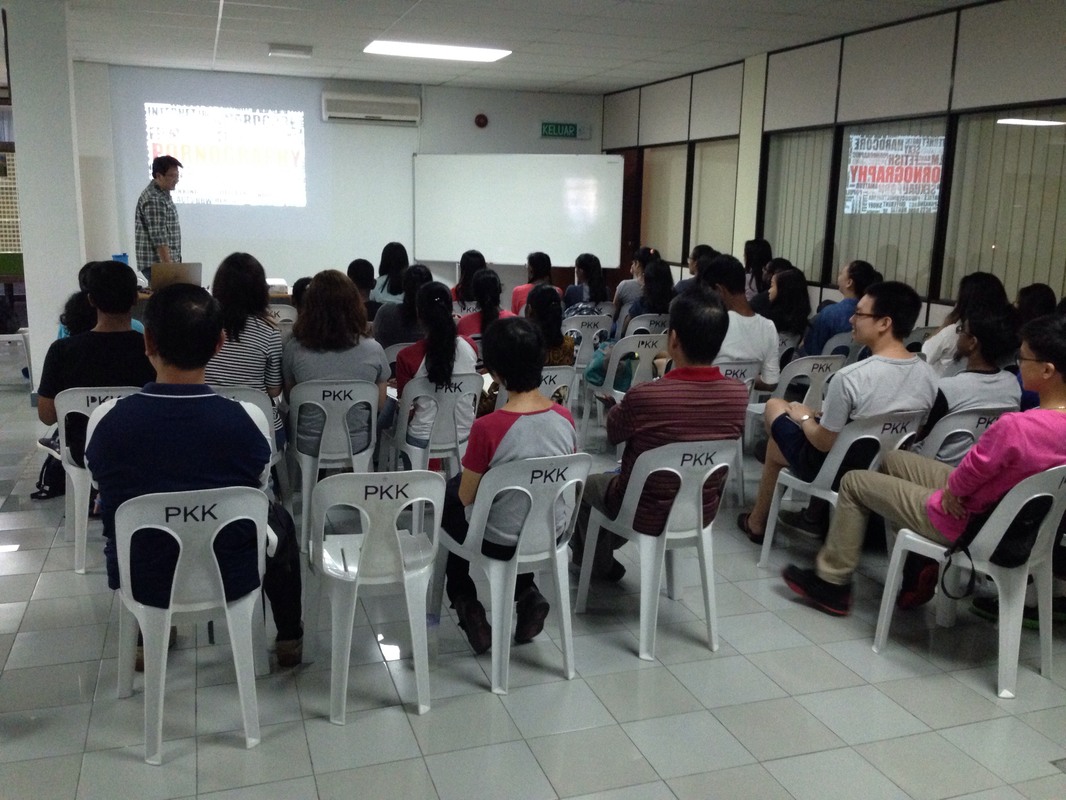
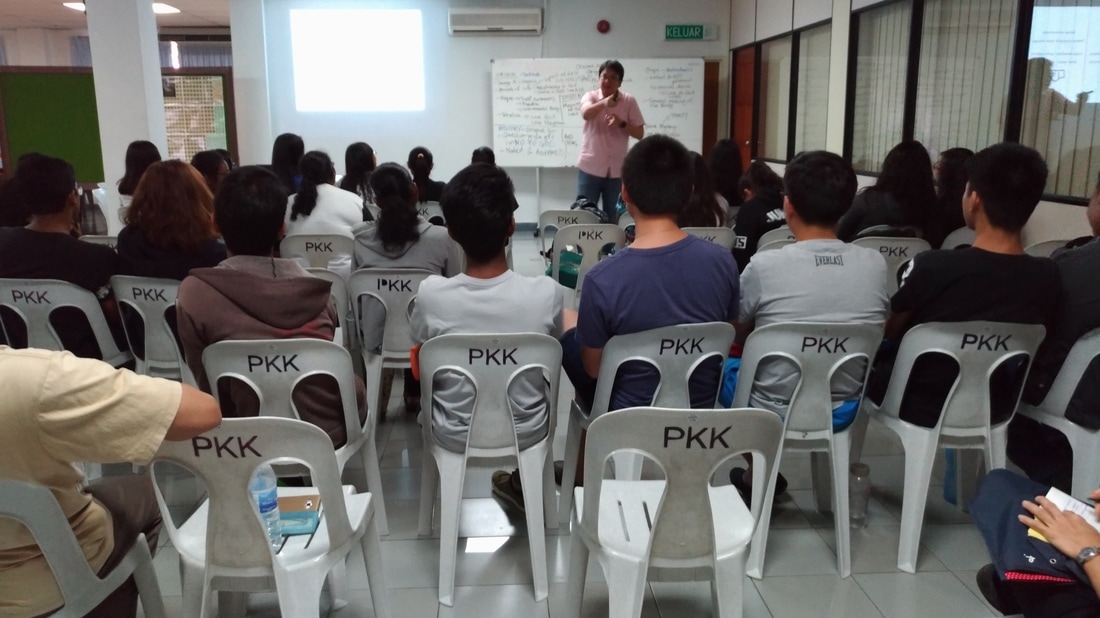
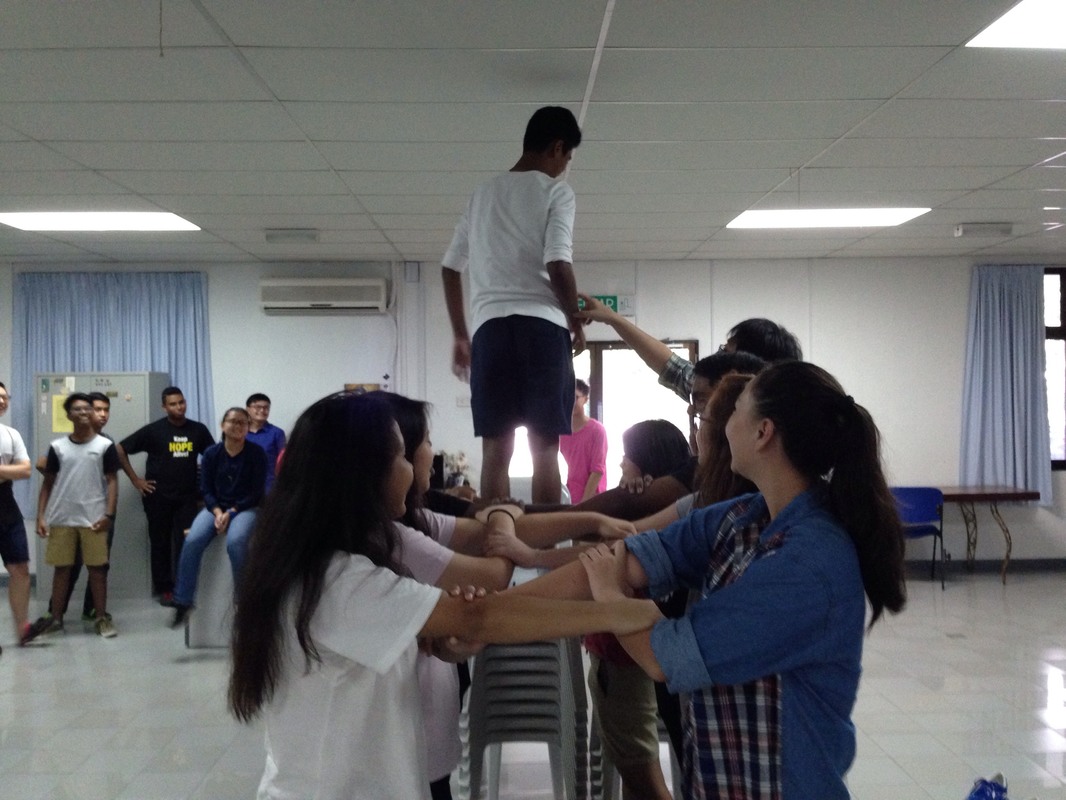
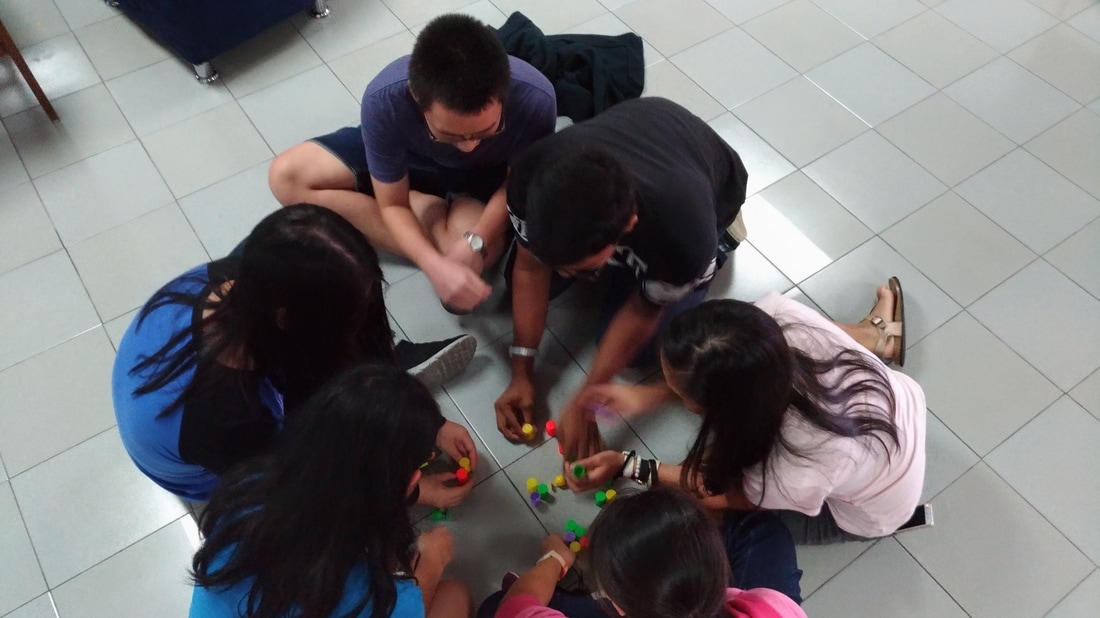
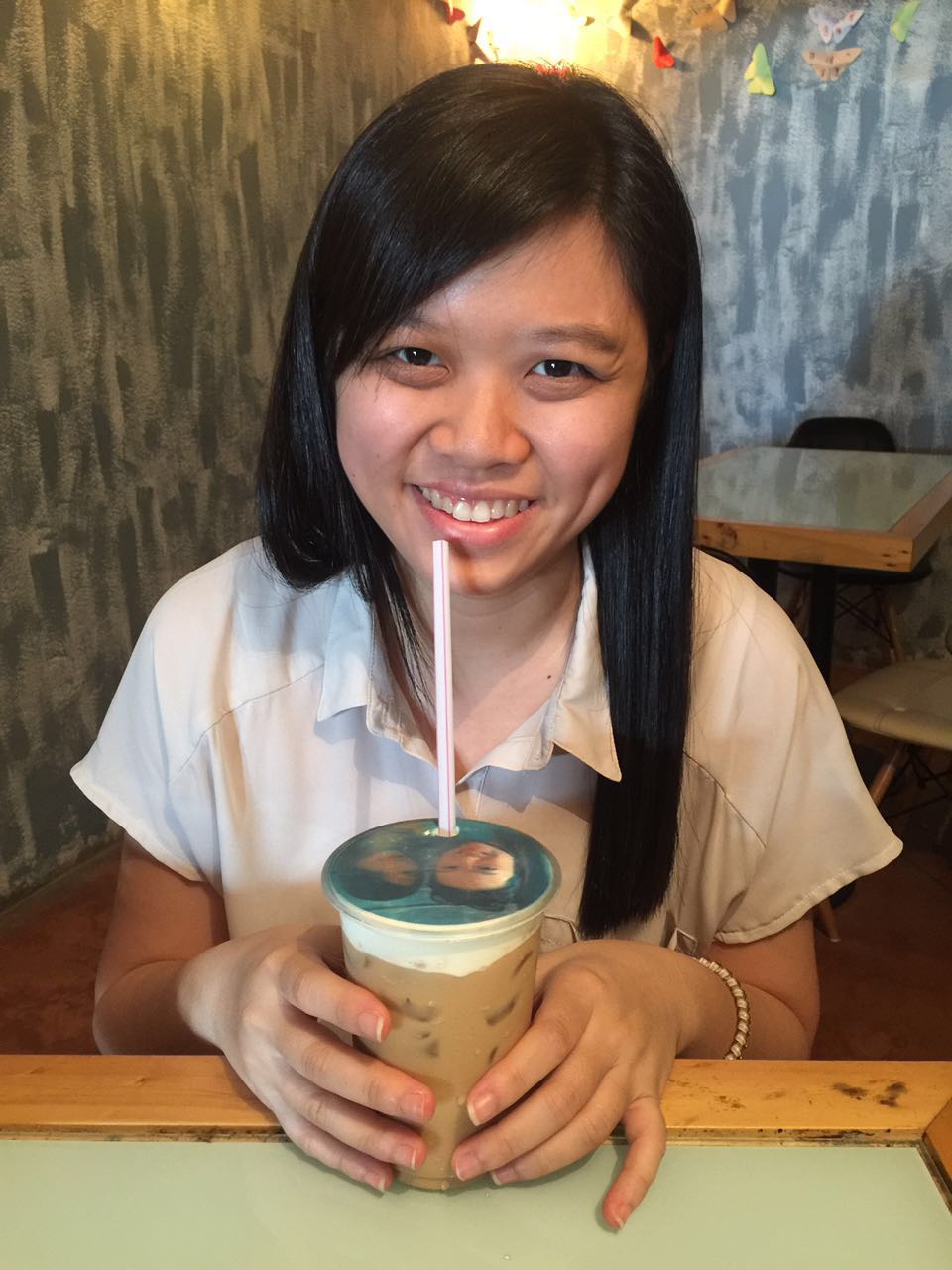
 RSS Feed
RSS Feed
